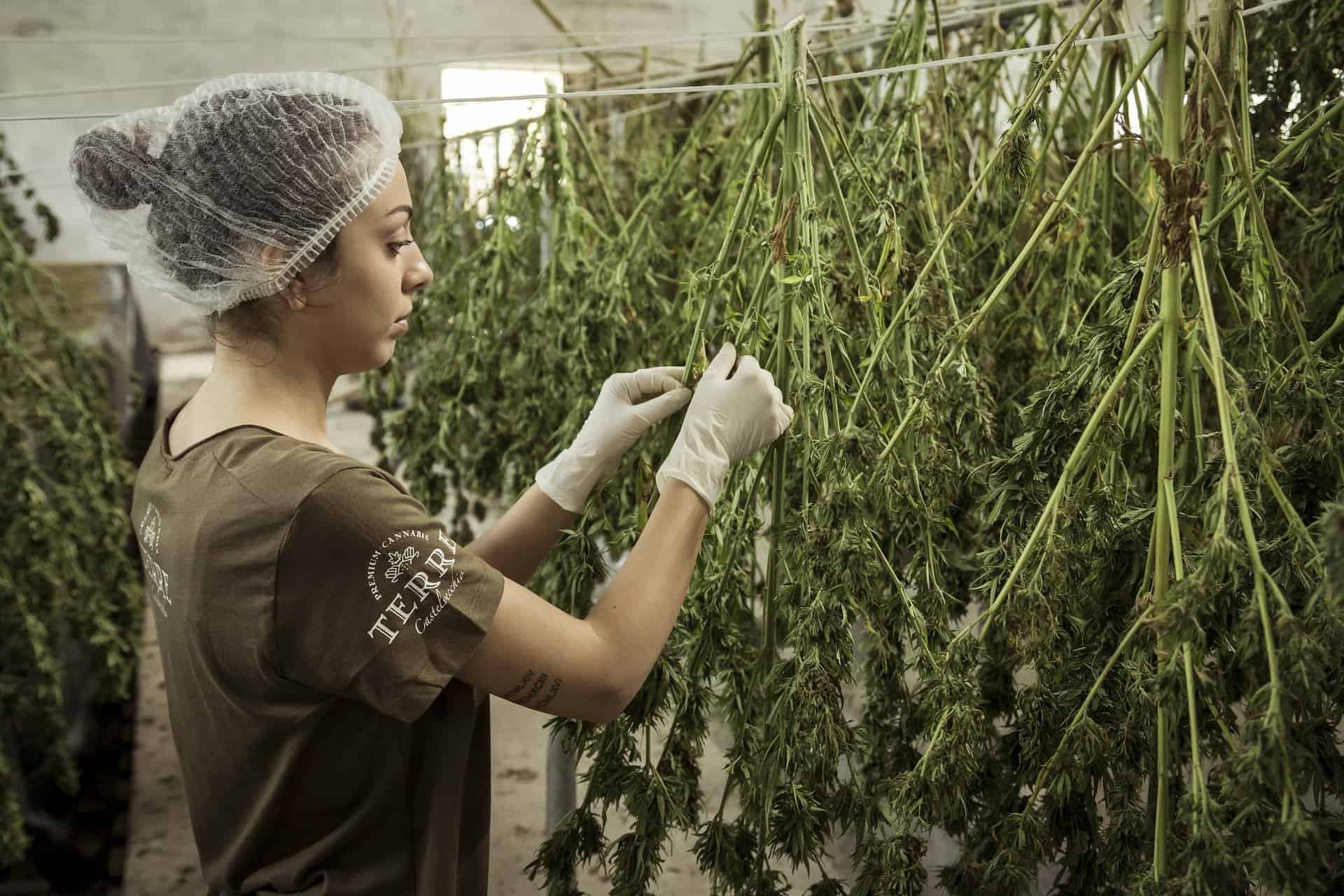The Middle East experienced a transformation in April when Lebanon became the first country in the region to legalize cannabis. In a move that would have been considered unimaginable just a decade ago, businesses will soon plant giant fields of legal cannabis in the heart of the Arabic-speaking world.
Following Lebanon’s pioneering move, Israel announced on May 13 it will be exporting cannabis. The country has gradually decriminalized the substance and developed its medical cannabis industry over the past several years. Both countries are examples of nations willing to break a taboo in order to benefit from a growing global market that could be worth $173.6 billion by 2027.
Cash-strapped governments
Countries in the region are suffering an unprecedented depression due to the COVID-19 pandemic and their measures to halt its spread. With populations in lockdown and business at a stand-still, MENA nations will soon look for innovative ways to diversify their economies.
In countries where cannabis is already legal, such as Canada and Uruguay, tax revenues have stream in as the popular substance becomes a mainstream cash crop. Canada alone made $140 million in additional tax revenue in 2020, while saving money on law enforcement and marijuana-related prosecution.
With the MENA region suffering from low oil prices, the cannabis industry could provide a low-tech and high-yield alternative source of income. Fields in the region have grown cannabis crops for centuries. The trade has channeled revenue to illicit markets while costing nations in law enforcement expenses, and in prosecuting and incarcerating cannabis users and dealers.
Reduced stigma
Major economies such as Canada and the US changed their views on what was considered a dangerous drug a few years ago. As science advances and fears of the perceived dangers of the substance wane, the financial benefits associated with cannabis are becoming a new incentive for countries looking to grow their economy.
People in the middle east have used hashish, a type of cannabis resin, for centuries. Those who partake have considered its use a “grey zone” especially for those who refrain from drinking alcohol. This view and the substance’s relatively mild effects have ensured its popularity throughout the ages.
Following the 1961 UN global convention on narcotic drugs, countries increasingly prosecuted the use and cultivation of the plant in accordance with international agreements. Ever since, national budgets have seen law enforcement costs grow and prisons fill with non-violent criminals.
A sleeping giant
While observers often see the MENA as conservative and traditional, the region’s large young population is eager for reform on a variety of issues. With the stigma on cannabis rapidly decreasing, the promise of health and economic benefits of a valuable and sustainable resource could become an obvious choice in future legislation.
While cannabis cultivation would require some initial investment in most countries, the traditional production and use of the crop means many countries could become global leaders in this growing market.
Moroccan cannabis already provides 70% of the needs of the European cannabis market, but without legal regulation and taxation, the country and its farmers who produce the crop do not benefit from its production. The legalization of cannabis in Morocco could awaken a sleeping giant–an industry that capitalizes on Morocco’s experience and international reputation as a producer of high quality cannabis.
Now that legalization of cannabis is becoming increasingly mainstream, there is a window for countries to evaluate their options and choose to enter the market. Countries have a variety of options and models to select, from corporate-oriented approaches to ones that emphasize sustainable cultivation, social justice, and benefits for local communities.
With MENA countries eager for an economic boom following the pandemic, the region could become a global leader in producing organic medical products and goods for wellness and therapeutic use. All these countries need to do is legalize a substance that health officials deem safer than alcohol or tobacco.

